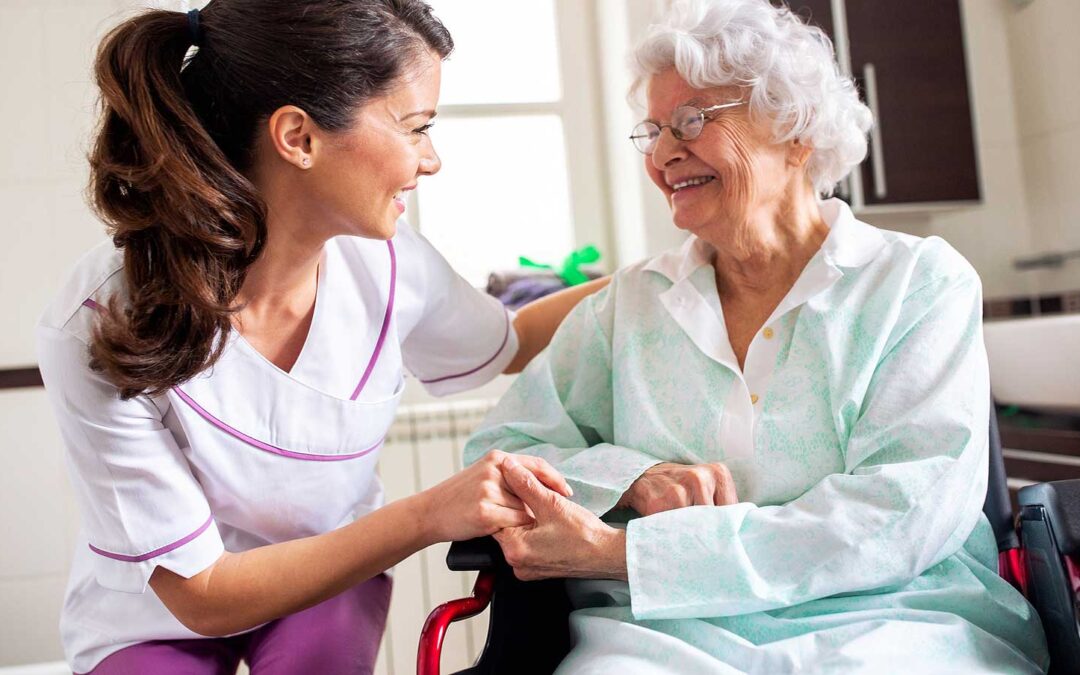As we age, our bodies become more susceptible to various health concerns, including cancer. However, proactive elder care measures can significantly reduce the risk of developing cancer and promote overall well-being. In this comprehensive guide, we’ll explore various strategies for elder care aimed at preventing cancer and enhancing the quality of life for seniors.
- Nutrition and Diet: A balanced diet rich in fruits, vegetables, whole grains, and lean proteins plays a crucial role in cancer prevention. Encourage seniors to consume a variety of colorful fruits and vegetables high in antioxidants, vitamins, and minerals, which help protect cells from damage. Limiting processed foods, red meat, and sugary snacks can also lower cancer risk. Additionally, staying hydrated by drinking plenty of water is essential for overall health and well-being.
- Regular Exercise: Physical activity is not only beneficial for maintaining a healthy weight but also for reducing the risk of certain cancers, including colon, breast, and lung cancer. Encourage seniors to engage in regular exercise tailored to their abilities and preferences, such as walking, swimming, yoga, or tai chi. Even light to moderate exercise can improve circulation, strengthen the immune system, and promote overall vitality.
- Tobacco and Alcohol Avoidance: Smoking and excessive alcohol consumption are leading causes of cancer, particularly lung, liver, and throat cancers. Elderly individuals who smoke should be supported in their efforts to quit, as it’s never too late to experience the health benefits of a smoke-free life. Similarly, limiting alcohol intake or abstaining altogether can significantly reduce cancer risk and improve overall health outcomes.
- Sun Protection: Skin cancer is one of the most common types of cancer, especially among older adults who may have had significant sun exposure throughout their lives. Encourage seniors to protect their skin by wearing sunscreen with a high SPF, seeking shade during peak sun hours, and wearing protective clothing such as hats and sunglasses. Regular skin checks and prompt treatment of any suspicious moles or lesions are also essential for early detection and treatment.
- Regular Screening and Check-ups: Routine health screenings and check-ups are essential for detecting cancer in its early stages when treatment is most effective. Encourage seniors to schedule regular appointments with their healthcare providers for screenings such as mammograms, colonoscopies, prostate exams, and skin checks. Educate them about the importance of self-examinations for breast, skin, and testicular cancers, empowering them to take an active role in their health.
- Mental and Emotional Well-being: Maintaining mental and emotional well-being is vital for overall health and cancer prevention. Seniors should be encouraged to engage in activities that promote relaxation, stress reduction, and social connection, such as meditation, hobbies, and spending time with loved ones. Addressing feelings of loneliness or depression through counseling, support groups, or community involvement can also contribute to a healthier, more fulfilling life.
- Medication Management: Many elderly individuals take multiple medications to manage various health conditions, and some medications may increase the risk of cancer or interact with cancer treatments. Ensure that seniors receive regular medication reviews by the elder care providers to minimize potential risks and optimize treatment outcomes. Additionally, encourage seniors to adhere to prescribed medication regimens and report any side effects or concerns promptly.
- Environmental Awareness: Environmental factors such as air and water pollution, exposure to carcinogens in the workplace, and use of certain household products may contribute to cancer risk. Help seniors minimize exposure to harmful substances by ensuring proper ventilation in living spaces, using natural cleaning products, and advocating for policies that protect environmental health. Encourage seniors to stay informed about potential hazards in their surroundings and take proactive steps to reduce their impact.
Preventing cancer in elderly individuals requires a multifaceted approach that addresses nutrition, exercise, lifestyle choices, mental well-being, and proactive healthcare management. By implementing these elder care strategies, seniors can reduce their risk of cancer and enjoy a higher quality of life as they age gracefully. Encourage open communication, education, and support to empower seniors to take charge of their health and well-being for years to come.

